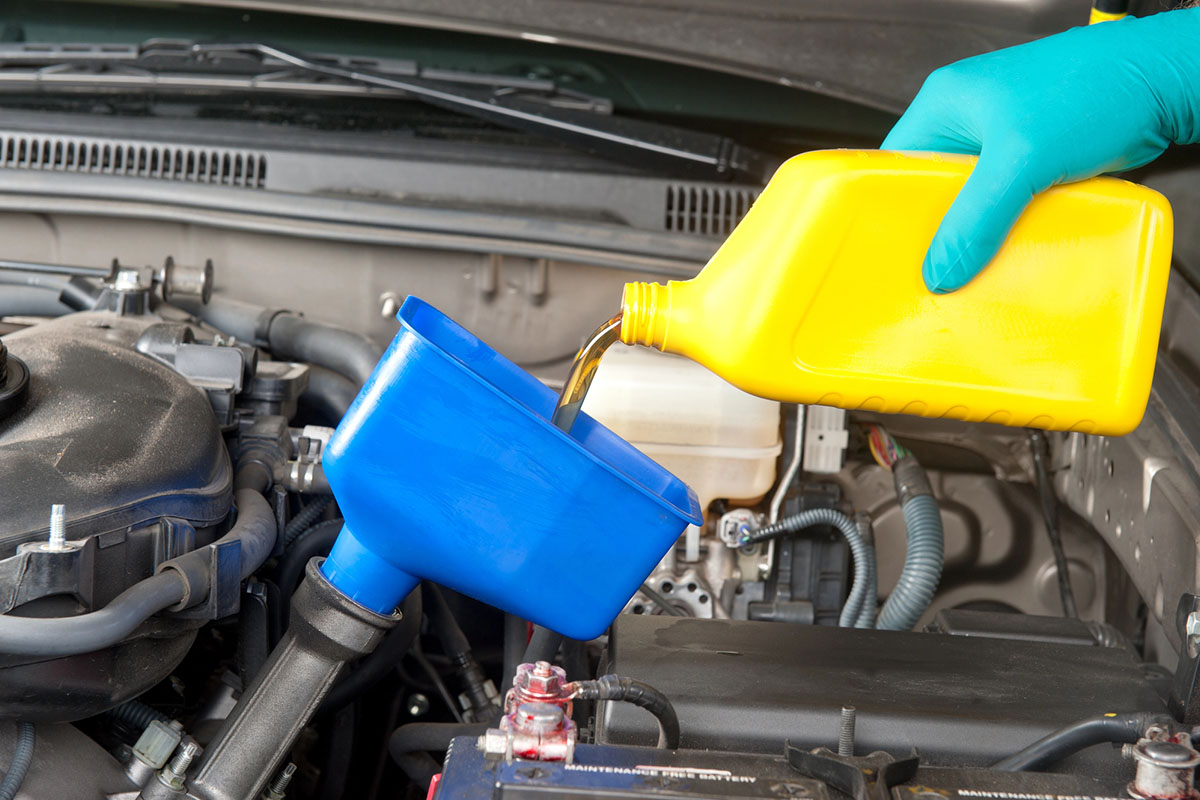A car won’t start for various reasons, from dead batteries to mechanical issues. Identifying the source of the problem can be difficult and time-consuming, as there are several potential causes. Before attempting to troubleshoot the problem, it is essential to check the basics, such as fuel and oil levels, and spark plugs.
If these basics have been checked and the car still won’t start, it is likely either a battery or alternator problem. To identify which one is causing the issue, we will look at how each.
Common Battery Problems
1. Dead Battery
To start your car, you’ll need a good battery. The owner’s manual lists various tests the battery can perform to determine whether it is at fault. A dead battery is commonly caused by a car leaving the lights on, the stereo on, or simply the battery getting old.
2. Corroded Battery Terminals
Corroded battery terminals can cause your car not to start or charge properly. Disrupt the negative terminal and clean it with a wire brush to check the terminals. Then remove the positive terminal and clean it before reconnecting them.
3. Old Battery
Your car battery is less potent than it used to be. Over time, the chance of your battery losing its ability to hold a full charge diminishes.
4. Open Circuit
An open circuit is caused by the battery being drained entirely or by a faulty connection at your alternator.
5. Loose Battery Cables
Your battery cables are loose and need to be tightened. Please make sure the negative line is loose and reconnect it. If the connections are secure, then continue with the following steps.
Common Alternator Problems:
1. Faulty Alternator
The alternator is the main machine in charge of charging the battery. To repair an alternator, you first have to disassemble and examine it.
If the alternator works fine, it does not need to be removed. If it needs to be replaced, then do this step last not to affect any other parts with the replacement.
2. Worn-out bearings
The bearings on your alternator can wear out over time. This will cause the alternator to run roughly while being charged. This may cause a loose feel while driving or make a squeaking noise when running.
3. Loose Cables
The main charging cable connecting your alternator and battery can become loose over time. If this occurs, the alternator will not be able to charge the battery correctly and will require a re-tightening of the connection.
4. Faulty Alternator Belt
A faulty alternator belt will make a whining sound when being charged. This is due to the belt not being tight enough and rubbing against the gears inside. To fix this, tighten the belt and use a new one if it squeaks.
5. Loose Distributor Cap
Your distributor cap can become loose from age or overuse and cause an electrical misfire in your engine. This can cause your car to idle roughly and make noise when driving at higher speeds.
Conclusion
While a battery or alternator problem may not be apparent, it is crucial for drivers to check the basics and not assume that their car has a dead battery or faulty alternator. A dead battery or lousy alternator can easily be prevented from happening in the future by keeping your vehicle well-maintained. Hi-Way Towing company is here to help if you need roadside assistance.



